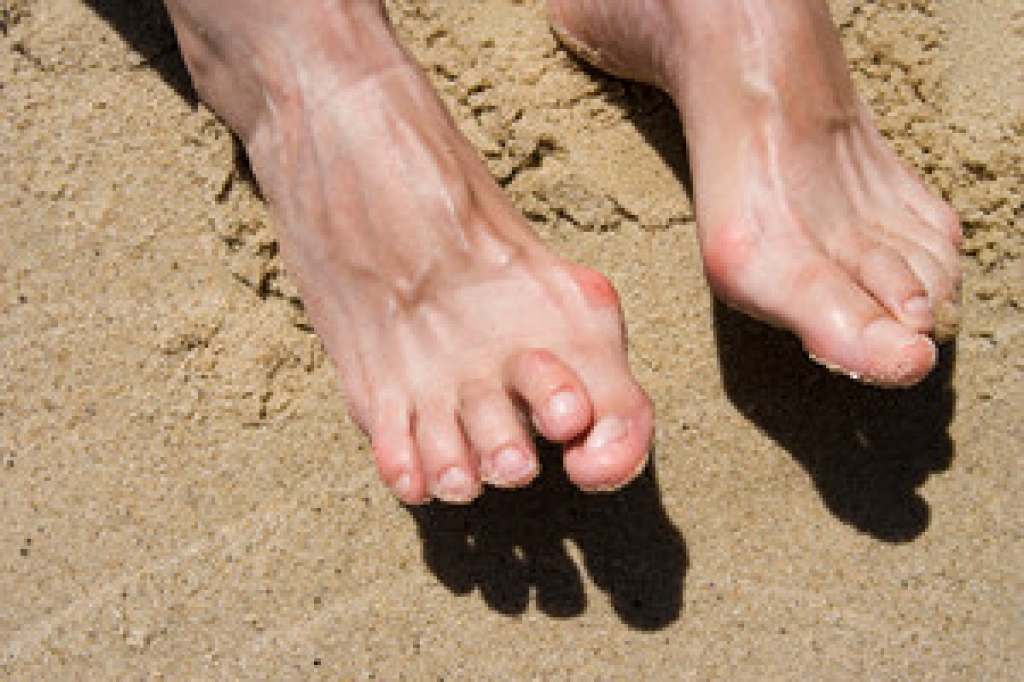
Corns and callouses on the feet develop when repeated pressure or friction causes the skin to thicken as a form of protection. They are commonly caused by tight shoes, foot structure issues, abnormal walking patterns, or activities that place stress on certain areas. Symptoms may include rough, hardened skin, tenderness, and localized pain that worsens with pressure. Corns often look small and raised with a hard central core, while callouses appear broader and flatter. They can feel sore or sensitive, especially when walking or wearing shoes. A podiatrist can help by starting with a detailed evaluation of foot structure, gait, and footwear to identify the source of pressure. Treatment may begin with safe removal of thickened skin and protective padding, followed by custom orthotics, shoe recommendations, and targeted exercises to reduce pressure and prevent recurrence. Ongoing care helps improve comfort and skin health. If you have painful corns or callouses on your feet, it is suggested that you make an appointment with a podiatrist.
Corns can make walking very painful and should be treated immediately. If you have questions regarding your feet and ankles, contact one of our podiatrists of Brondon Foot and Ankle. Our doctors will treat your foot and ankle needs.
Corns: What Are They? And How Do You Get Rid of Them?
Corns are thickened areas on the skin that can become painful. They are caused by excessive pressure and friction on the skin. Corns press into the deeper layers of the skin and are usually round in shape.
Ways to Prevent Corns
There are many ways to get rid of painful corns such as:
- Wearing properly fitting shoes that have been measured by a professional
- Wearing shoes that are not sharply pointed or have high heels
- Wearing only shoes that offer support
Treating Corns
Although most corns slowly disappear when the friction or pressure stops, this isn’t always the case. Consult with your podiatrist to determine the best treatment option for your case of corns.
If you have any questions, please feel free to contact our office located in Centerville, OH . We offer the newest diagnostic and treatment technologies for all your foot care needs.




